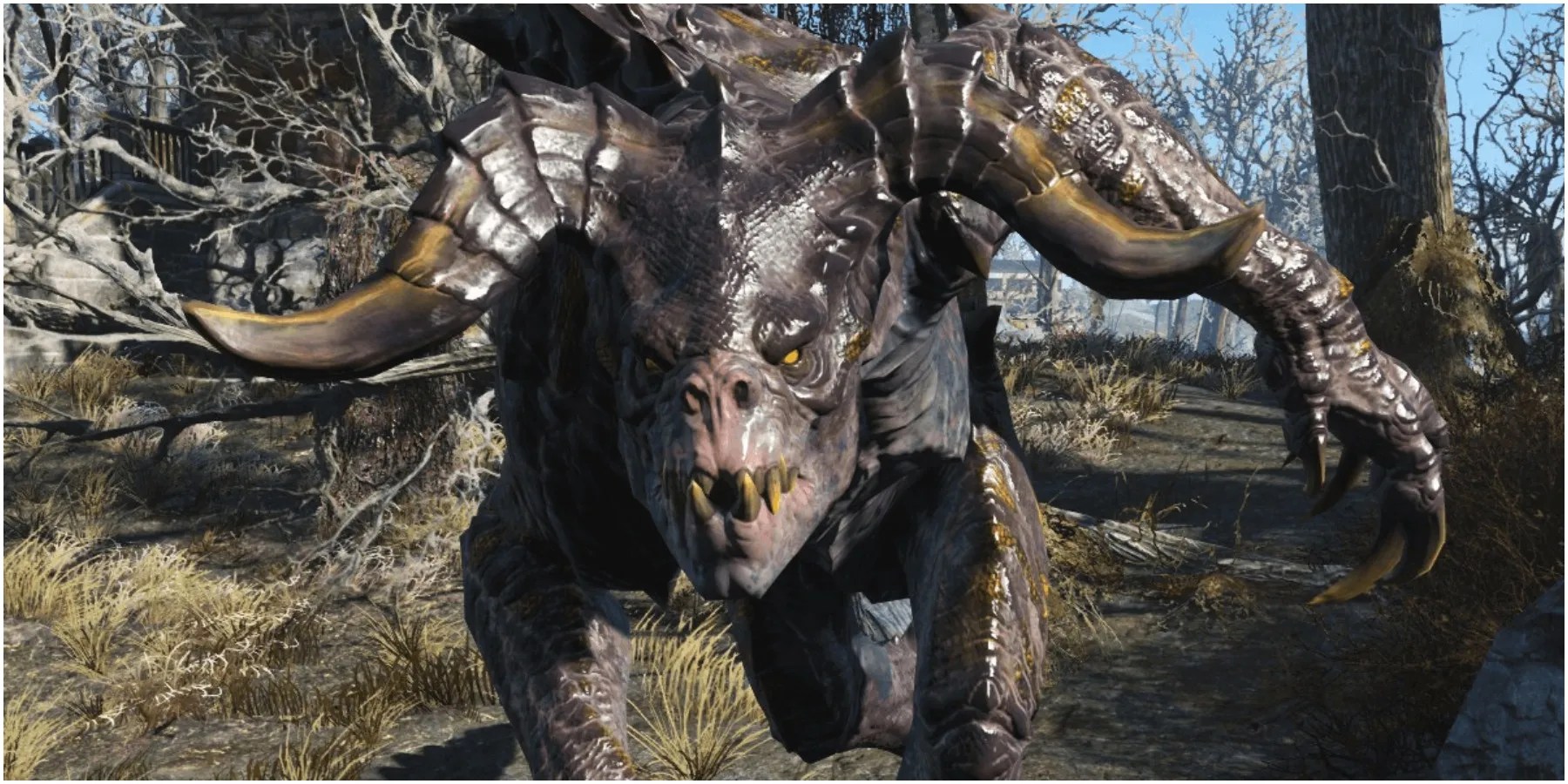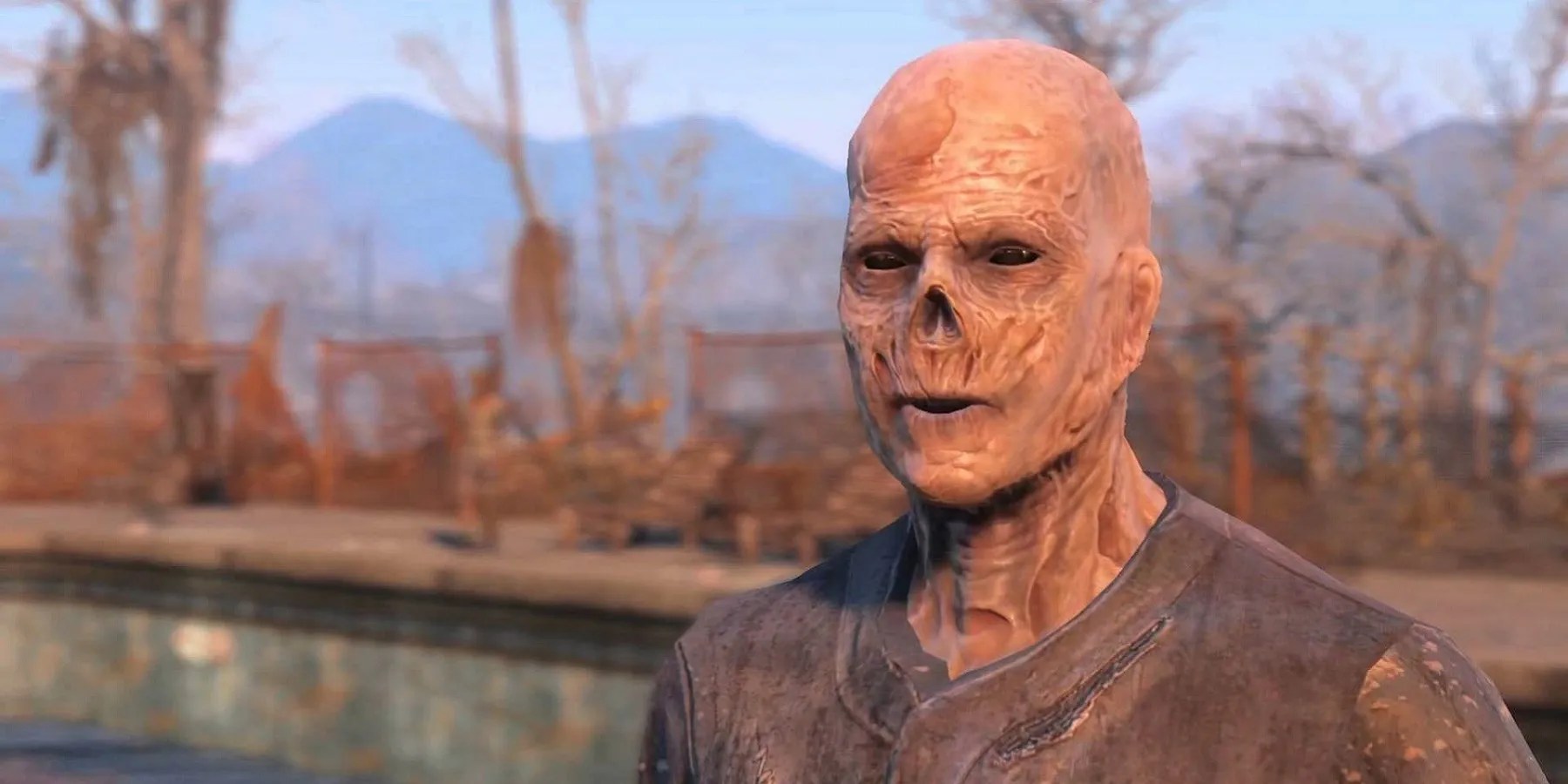Summary
With the release ofStarfield, Bethesda is checking off all kinds of firsts for the storied developer. Not only doesStarfieldmark the first official Bethesda RPG with a science fiction setting and concept, but the title is already breaking records by surpassing over 1 million concurrent players across Xbox and PC just a day after its launch. This feat helps to make the game the most successful launch in the studio’s history, indicating that the payoff for Bethesda’s gamble on a new IP was well worth the inherent risk. In terms of where the studio could go next, it’s high time for Bethesda to take a shot at crafting a dedicated survival-horror RPG.
In terms of the games actually produced by the studio, Bethesda has a long-standing tradition of sticking to high-fantasy withThe Elder Scrolls. Purchasing and thenre-imagining theFalloutfranchisewas definitely a gamble for the studio, albeit a worthwhile one, as theFalloutgames are now just as synonymous with Bethesda asThe Elder Scrollsgames are. With fantasy, the post-apocalypse, and now science fiction firmly under its belt, Bethesda has one final frontier to chart by using its already proven talents at crafting tense and uncomfortable experiences to deliver a full-fledged horror game.

RELATED:Fallout 3 and New Vegas' Darkest Quests Prove a Fallout Horror Game Would Do Well
Bethesda RPGs Have a Strong Tradition of Horror-Leaning Elements, Starfield Included
Whether players are discussingThe Elder Scrolls,Fallout, or evenStarfield, it’s almost a guarantee that each game’s horror elements will come up at some point in the conversation. Despite none of these games being tried and true entires in the horror genre, each game contains more than its fair share of startling occurrences fit to make even the most unfazed players nearly jump out of their skin. Iconic moments such asencountering a Deathclaw for the first timeinFallout 3or traversing a dimly lit Dwemer Ruin inSkyrimare capable of creating a sense of tension and unease that wouldn’t be out of place in anOutlastorAmnesiagame.
Without spoiling anything, there areplenty of quest chains inStarfieldthat have this same kind of tone, striking a balance between the game’s spirit of exploration and the fear of the unknown. The question over whether intelligent life exists in the depths of space has been an enduring quandary for humanity to ponder, andStarfieldaddresses it in a way that many players might not expect. Bethesda has proved itself adept at creating moments in its games that wouldn’t be out of place in a horror title, opening the door for the studio to flex its talents in this area fully.

What a Bethesda Studios Horror Game Could Look Like
This begs the question of what a Bethesda Game Studios horror IP might look like. Though ahorror game in the world ofFalloutcould be an ideal fit, something about the dark humor and alternate history sci-fi leanings of the franchise might dampen the impact of a horror RPG set in its iconic post-apocalyptic world. Instead, a potential horror RPG from Bethesda could be the start of its own new franchise similar toStarfield. And just like sci-fi and fantasy, there are so many subgenres and deviations from standard horror for Bethesda to experiment with.
A supernatural detective game where a researcher tracks down a mysterious cult only to discover it worships a forgotten cosmic deity, a paranormal investigation game with a dedicated plot andgameplay similar toPhasmophobia, a hunt for a serial killer playing as an FBI profiler (akin to the cult-classicCondemnedseries); any one of these would make a viable pitch for a potential Bethesda horror RPG. If anything, Bethesda has proven its knack for crafting compelling stories and engaging side content no matter what genre it happens to be anchored by. Horror seems like the natural progression from science-fiction, and it’s a genre the studio is well-equipped to handle.
Starfieldis available now on PC and Xbox Series X/S.